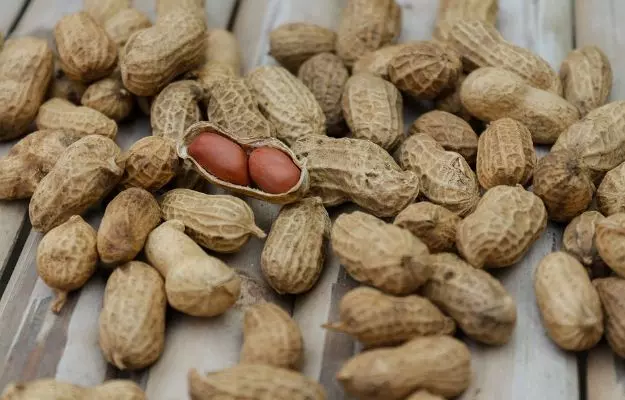Peanuts, also called groundnuts, belong to the family Fabaceae and are mainly cultivated for their edible seeds. Unlike other crop plants, peanuts grow underground rather than above the ground.
It is believed that peanuts originated in Brazil or Peru where the first cultivators of wild peanuts were offered to the Sun God as part of religious ceremonies.
Peanuts are said to be very rich in protein, oil, and fibres. So they are definitely a treat to your body along with your taste buds.
Other functional compounds such as polyphenols, antioxidants, vitamins and minerals are also present in ample amounts in these crunchy nuts. It has also been identified that peanuts are a great source of compounds such as resveratrol, phenolic acids, flavonoids and phytosterols, which help in blocking the absorption of bad cholesterol from our food and assist in keeping the heart healthy.
Apart from oil production, peanuts are also used in the production of peanut butter, confections, roasted peanuts, snack products, soups, and desserts.
Some facts about Peanuts:
- Scientific Name: Arachis hypogaea
- Common Name(s): Peanut, groundnut, earthnut
- Family: Fabaceae ⁄ Leguminosae – Pea family
- Common Hindi name: मूँगफली (Munghphali)
- Native Region and Geographical Distribution: Peanut plant is believed to have originated in Brazil or Peru, although no fossil records exist to prove this. China is the largest producer of peanuts in the world, followed by India. In India, Gujarat is the largest groundnut producing state followed by Andhra Pradesh, Tamil Nadu, and Karnataka.
- Fun fact: Nearly 540 peanuts are required to make a jar of peanut butter. George Washington Carver is known as “The peanut man” because he developed more than three hundred products were derived from peanuts.


































